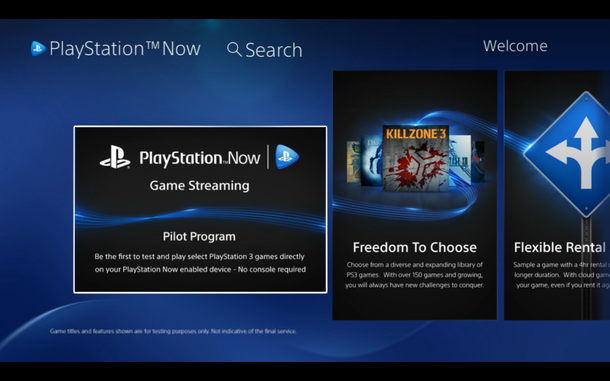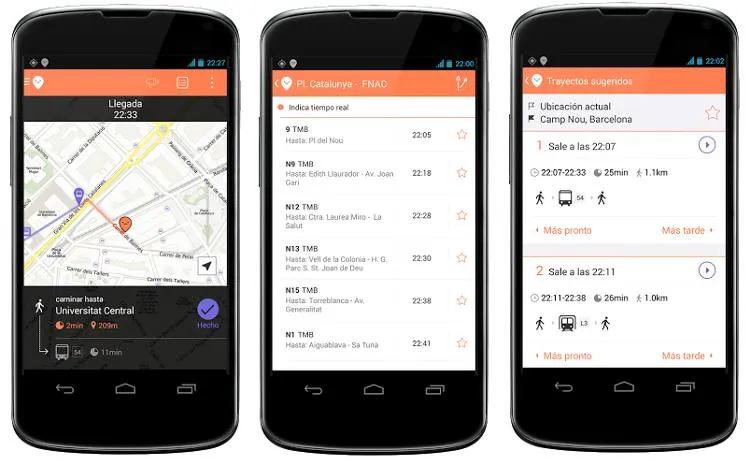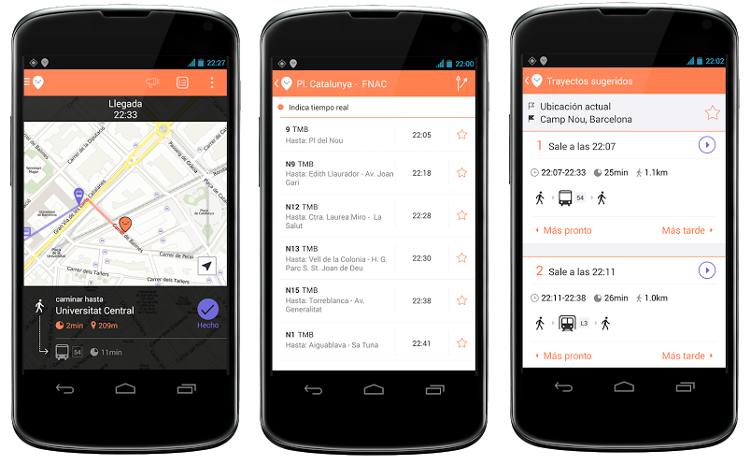
The Rise of Cloud Gaming: How it will Impact the Gaming Market?
 If anyone wants to understand how specific trends will impact on a sector of the technology market, they need only check in at the annual CES event. This years’ event has recently taken place in January, with a host of innovative products and ground-breaking trends being introduced throughout multiple sectors. One of the most fascinating sectors at present is Cloud gaming, and this was underlined by the unveiling of Sony’s revolutionary console development and game streaming service PlayStation Now.
If anyone wants to understand how specific trends will impact on a sector of the technology market, they need only check in at the annual CES event. This years’ event has recently taken place in January, with a host of innovative products and ground-breaking trends being introduced throughout multiple sectors. One of the most fascinating sectors at present is Cloud gaming, and this was underlined by the unveiling of Sony’s revolutionary console development and game streaming service PlayStation Now.
With cross-platform gaming already recognised as the key trend for 2015, it should come as no surprise that PlayStation Now has been scheduled for release in the next six months. Essentially, it will enable players to stream titles to their PlayStation devices regardless of their physical location, using Gaikai’s Cloud technology as its driving force. Although its release will be initially restricted to Northern America, it is ultimately expected to reach Asia and alternative regions throughout Western, Central and Eastern Europe.
This is good news for console based platforms, which have recently found themselves overshadowed by the rise of online, mobile and social gaming. Expected to be worth in excess of $180 billion by the end of this year, the remote gaming sector represents huge business while delivering incredible flexibility to its players. This is something that console platforms and providers cannot hope to match, unless they invest heavily in Cloud technology and unrestricted, real-time game streaming across an entire library of titles.
While Sony have at least been proactive and acted quickly to integrate Cloud capabilities into its gaming devices, the bad news for console platforms is that this technology is also available to online developers. In fact, it is even easier for mobile and online titles to be shared through the Cloud, while its integration into this market would make game streaming services available to more than 150 million players.
If you consider the existing ease of use and accessibility of mobile slot games other virtual casino titles, the implementation of Cloud technology would enhance the appeal of these experiences even further. This would trigger an even further increase in remote gaming revenues, while also driving cross-platform experiences and blurring the boundaries between console and mobile gameplay.








